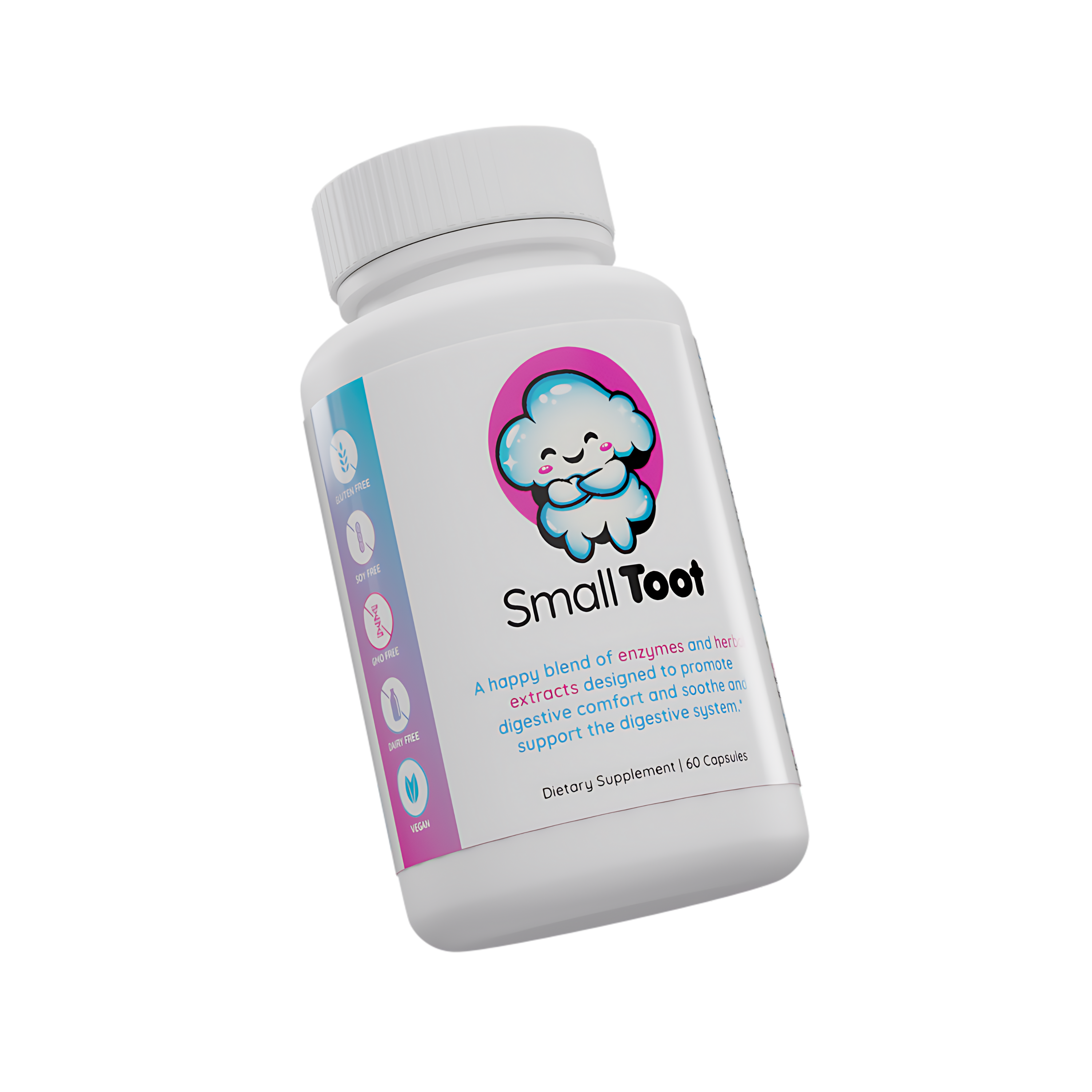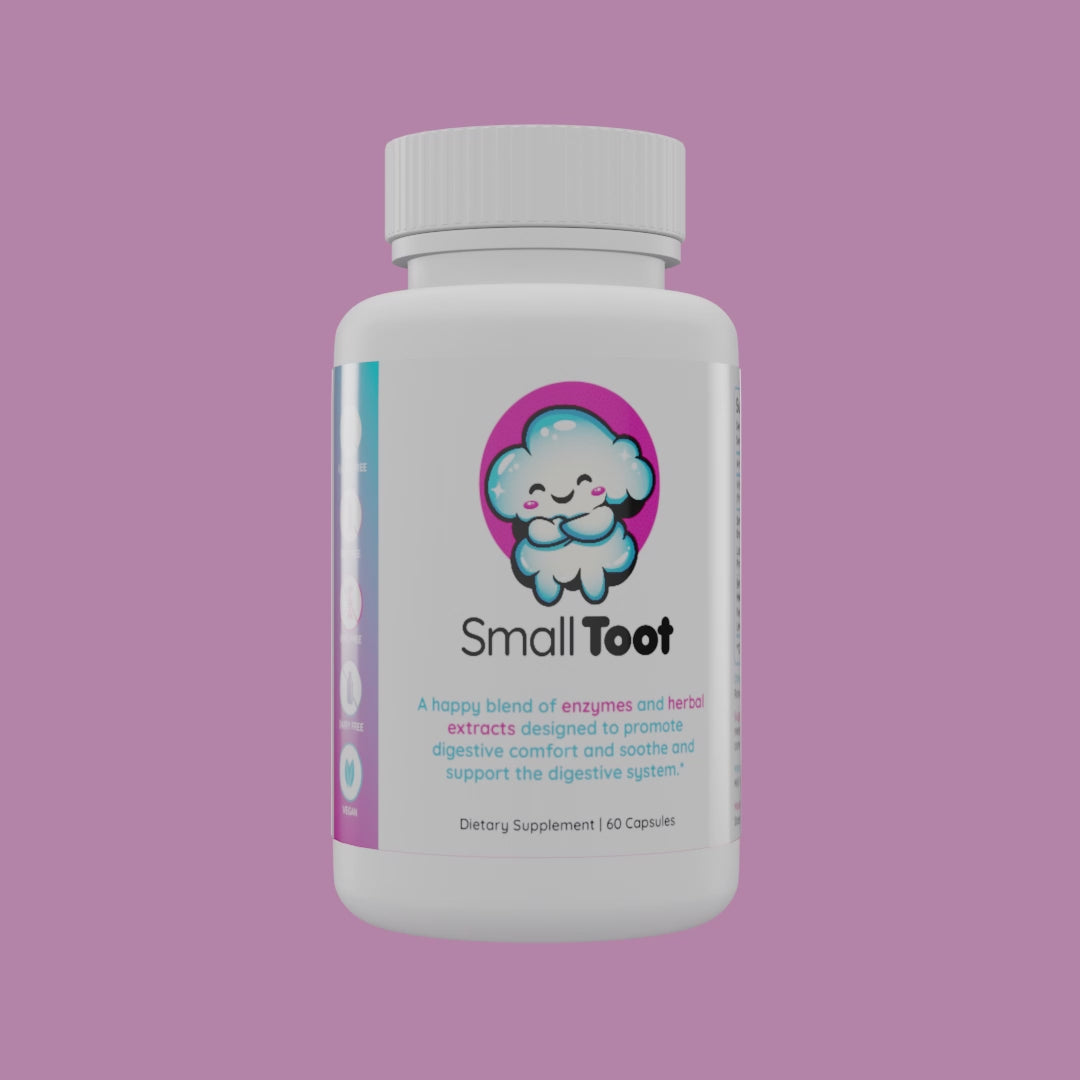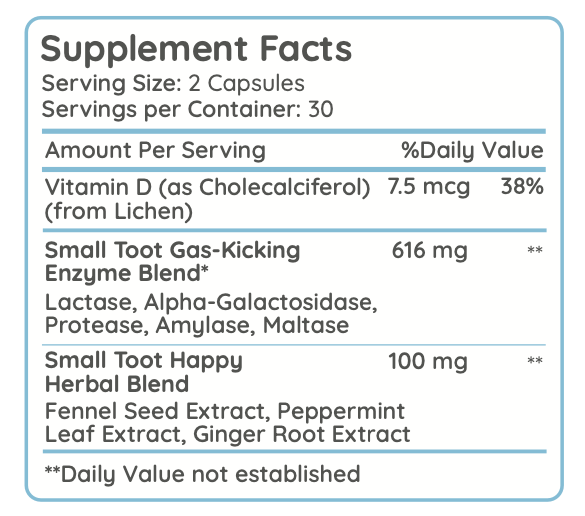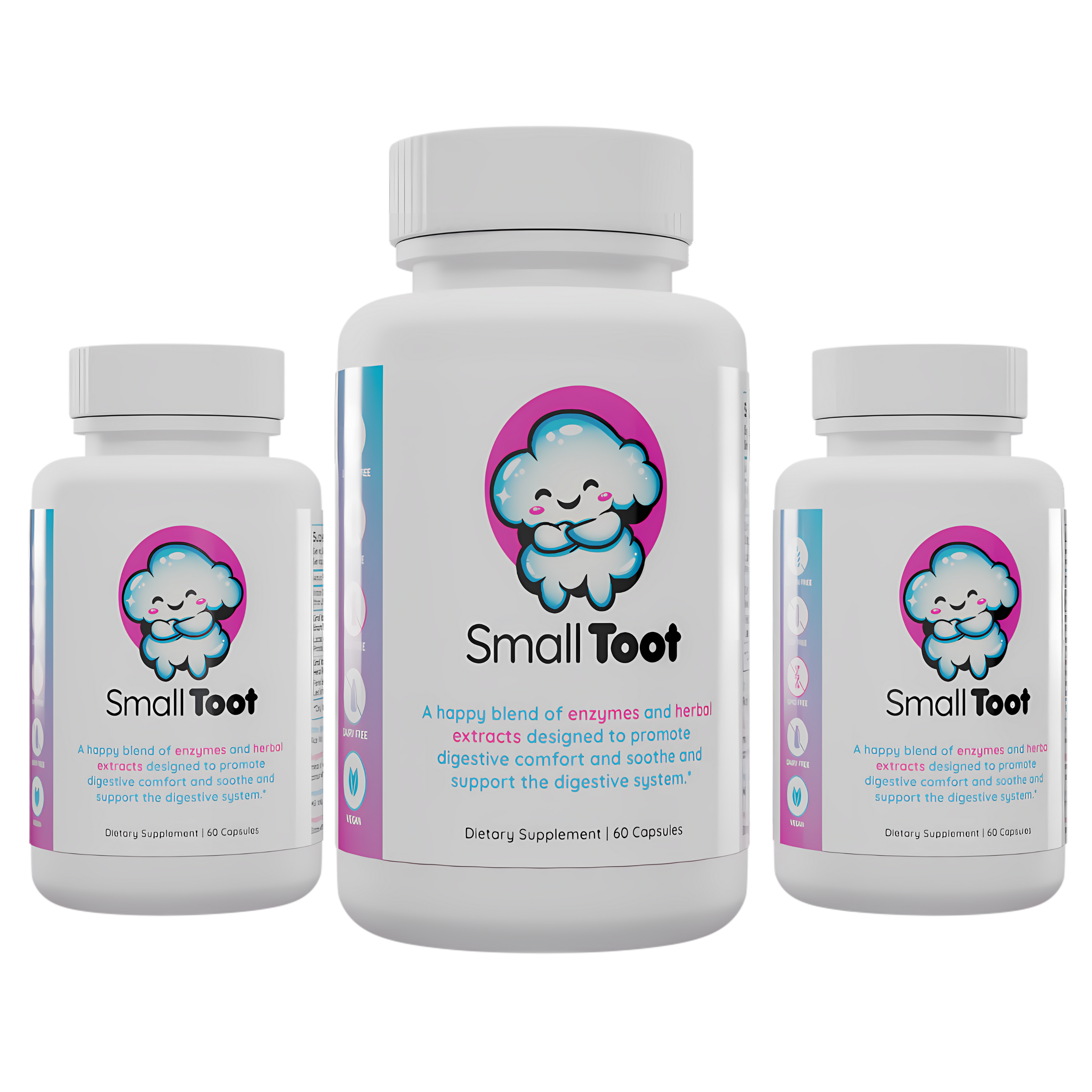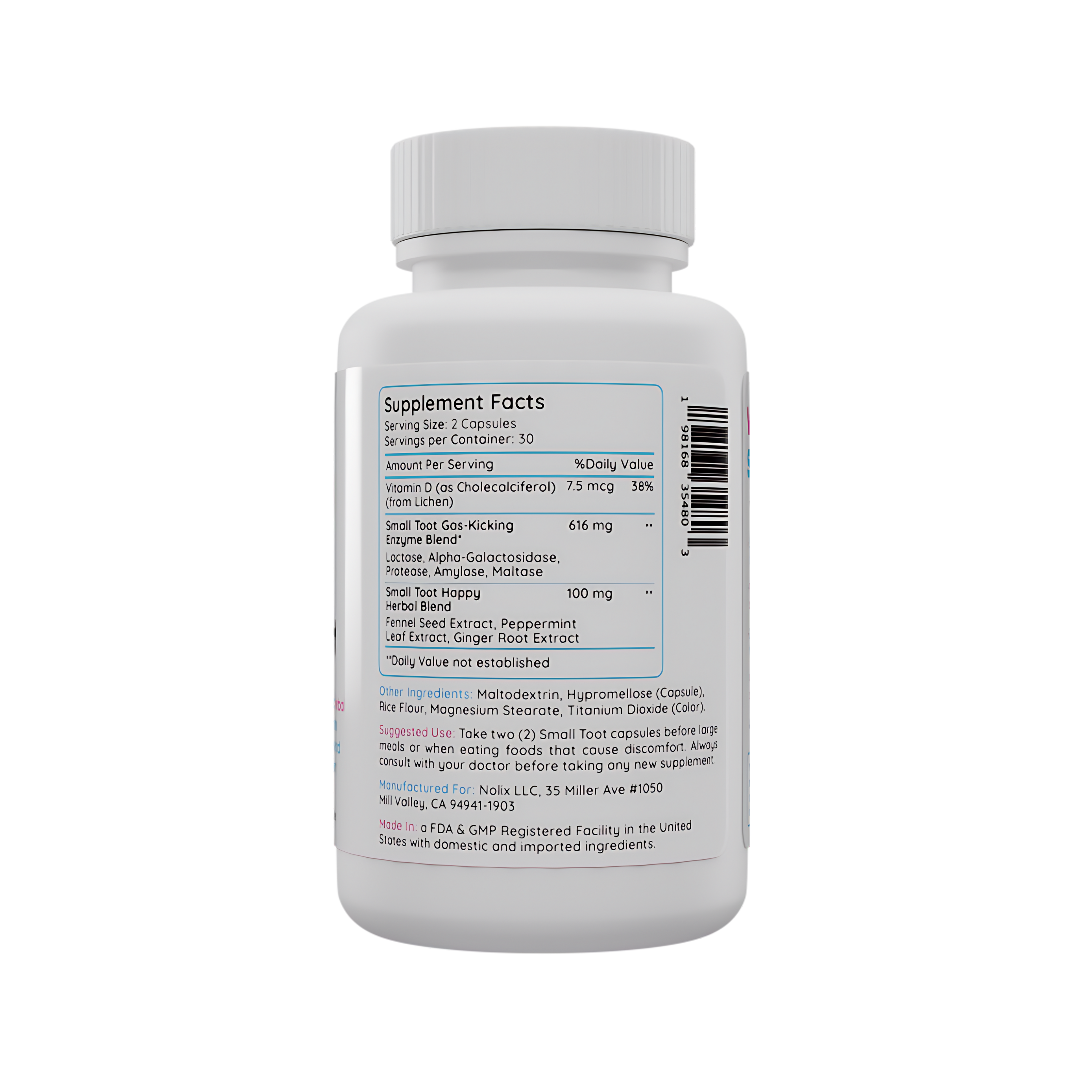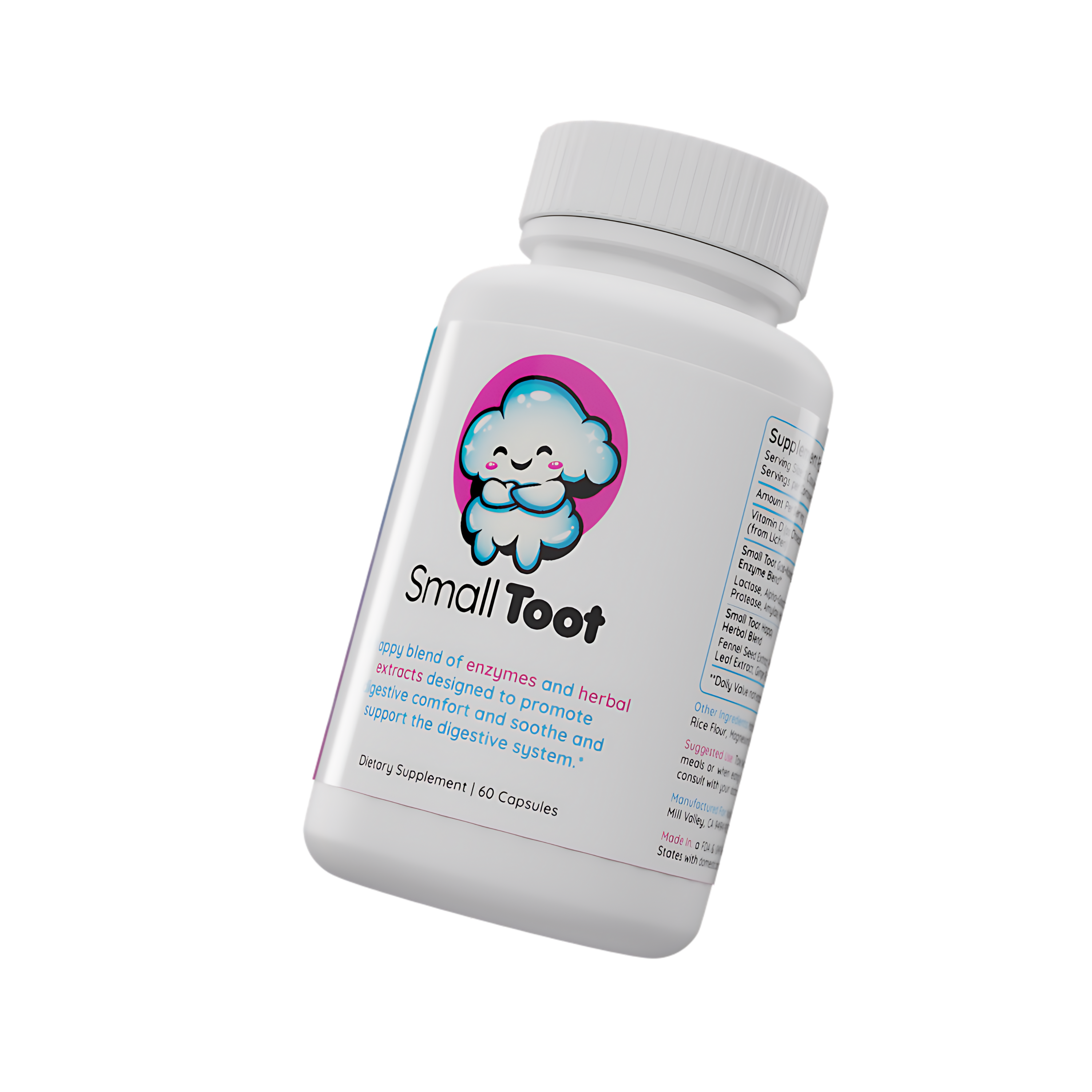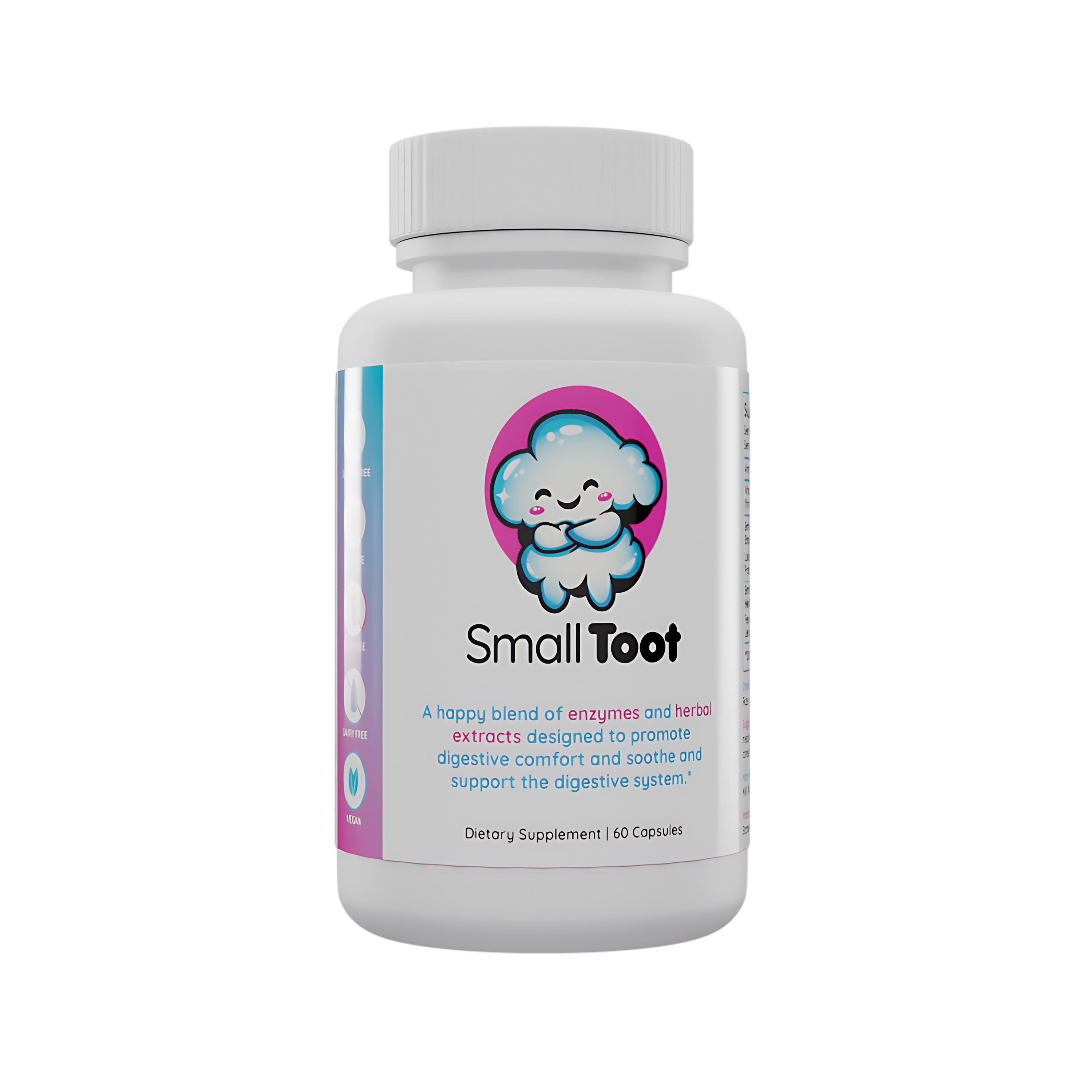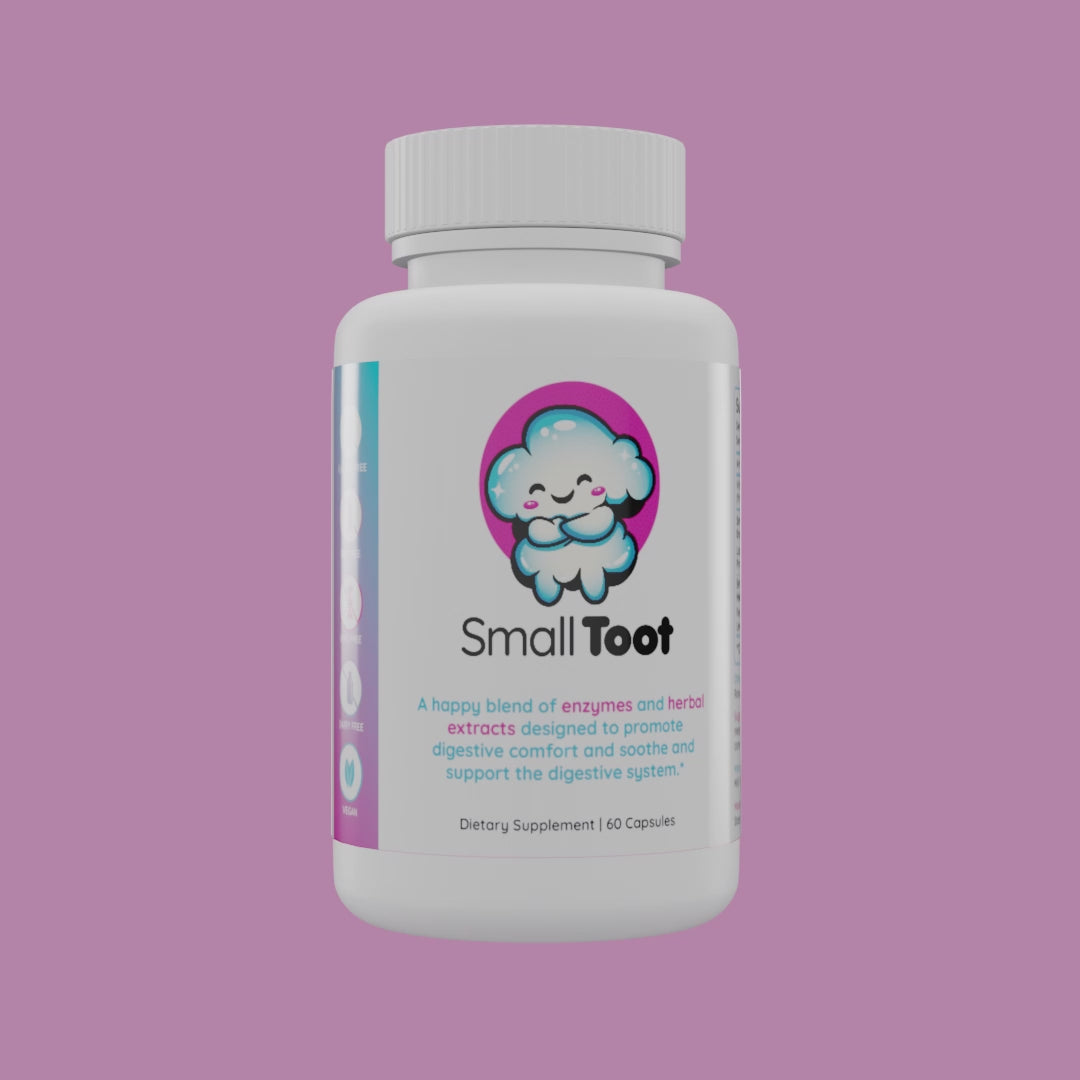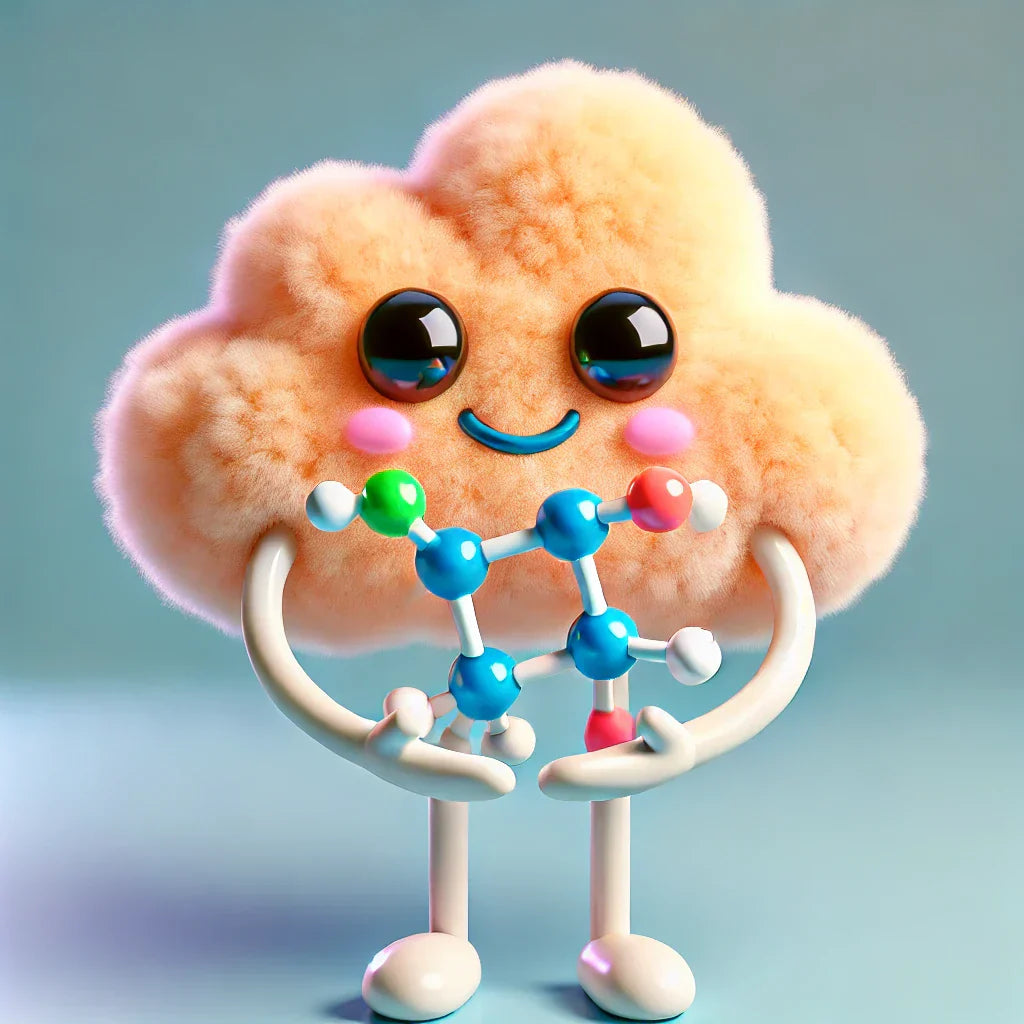
Protease: A Vital Enzyme for Life Processes
Proteases are a diverse group of enzymes that play crucial roles in numerous biological processes across all forms of life. These enzymes catalyze the breakdown of proteins into smaller peptides or individual amino acids through hydrolysis of peptide bonds.
Types and Classification
Proteases are classified into several main categories based on their catalytic mechanism:
1. Serine proteases
2. Cysteine proteases
3. Aspartic proteases
4. Metalloproteases
5. Threonine proteases
Each type has a unique catalytic mechanism and plays specific roles in biological systems.
Biological Functions
Proteases are involved in a wide range of essential processes:
1. Digestion: Breaking down dietary proteins into absorbable amino acids
2. Protein turnover: Recycling of cellular proteins
3. Cell signaling: Activating or deactivating signaling molecules
4. Blood clotting: Crucial for the coagulation cascade
5. Immune response: Involved in complement activation and antibody production
6. Development: Regulating tissue morphogenesis and remodeling
Protease in Human Physiology
In humans, proteases are produced by various organs and tissues:
- Pancreas: Secretes trypsin, chymotrypsin, and carboxypeptidases
- Stomach: Produces pepsin
- Small intestine: Releases additional proteases like enteropeptidase
- Cellular level: Involved in intracellular protein degradation and regulation
Industrial and Research Applications
Proteases have numerous applications beyond their biological roles:
1. Food industry: Used in cheese making, meat tenderizing, and brewing
2. Detergent industry: Added to laundry detergents to break down protein-based stains
3. Leather industry: Used in leather processing
4. Molecular biology: Essential tools for protein studies and DNA manipulation
5. Pharmaceuticals: Targets for drug development and as therapeutic agents
Regulation and Control
Given their potent catalytic activity, protease function is tightly regulated in living systems:
- Synthesis as inactive zymogens
- Compartmentalization within cells or tissues
- Presence of endogenous protease inhibitors
- pH-dependent activation
Recent Advances and Future Directions
Research on proteases continues to expand our understanding of their functions and potential applications:
1. Protease engineering: Developing enzymes with enhanced stability or altered specificity
2. Targeted therapies: Designing protease inhibitors for various diseases
3. Diagnostic tools: Using proteases as biomarkers for certain conditions
4. Proteomics: Employing proteases for protein identification and characterization
In conclusion, proteases are indispensable enzymes that play vital roles in numerous biological processes. Their diverse functions and wide-ranging applications make them a subject of ongoing research and development across multiple fields, from basic biology to industrial biotechnology and medicine.
Sources
[1] Protease - Wikipedia https://en.wikipedia.org/wiki/Protease
[2] Proteases: History, discovery, and roles in health and disease - PMC https://pmc.ncbi.nlm.nih.gov/articles/PMC6364759/
[3] Research Applications of Proteolytic Enzymes in Molecular Biology https://pmc.ncbi.nlm.nih.gov/articles/PMC4030975/
[4] What is Protease? - Enzyme Science https://enzyscience.com/blogs/news/what-are-protease
[5] Proteases: Multifunctional Enzymes in Life and Disease - PMC https://pmc.ncbi.nlm.nih.gov/articles/PMC2576539/
[6] Proteolytic Enzymes: How They Work, Benefits and Sources https://www.healthline.com/nutrition/proteolytic-enzymes
[7] Mechanisms of Disease: protease functions in intestinal mucosal ... https://pmc.ncbi.nlm.nih.gov/articles/PMC3049113/
[8] Digestive Enzymes: Amylase, Protease, And Lipase https://integrativepro.com/blogs/articles/digestive-enzymes-amylase-protease-lipase
[9] Serine Protease, Enzyme Catalysis | Learn Science at Scitable https://www.nature.com/scitable/topicpage/enzyme-catalysis-the-serine-proteases-nbsp-14398894/
[10] Protease: Function, Benefits, Risks, Sources, and More - Health https://www.health.com/protease-8651765
[11] Characterization of digestive proteases in the gut of a basal ... https://journals.biologists.com/jeb/article/226/15/jeb245789/325822/Characterization-of-digestive-proteases-in-the-gut
[12] Proteolytic enzymes, past and future - PNAS https://www.pnas.org/doi/10.1073/pnas.96.20.10962
[13] Microbial proteases and their applications - Frontiers https://www.frontiersin.org/journals/microbiology/articles/10.3389/fmicb.2023.1236368/full
[14] Research Applications of Proteolytic Enzymes in Molecular Biology https://www.mdpi.com/2218-273X/3/4/923
[15] Looking Back: A Short History of the Discovery of Enzymes and How ... https://chemistry-europe.onlinelibrary.wiley.com/doi/10.1002/cctc.202001107
[16] Microbial Proteases Applications - Frontiers https://www.frontiersin.org/journals/bioengineering-and-biotechnology/articles/10.3389/fbioe.2019.00110/full
[17] Proteases: Multifunctional Enzymes in Life and Disease - PMC https://pmc.ncbi.nlm.nih.gov/articles/PMC2576539/
[18] Production of Plant Proteases and New Biotechnological ... https://chemistry-europe.onlinelibrary.wiley.com/doi/10.1002/open.202200017
[19] Protease Production and Characterization in Microbial Systems https://www.nature.com/research-intelligence/protease-production-and-characterization-in-microbial-systems
[20] Novel Method for the Quantitative Analysis of Protease Activity https://pubs.acs.org/doi/10.1021/acsomega.0c05192
[21] Prediction and design of protease enzyme specificity using a ... - PNAS https://www.pnas.org/doi/10.1073/pnas.2303590120

